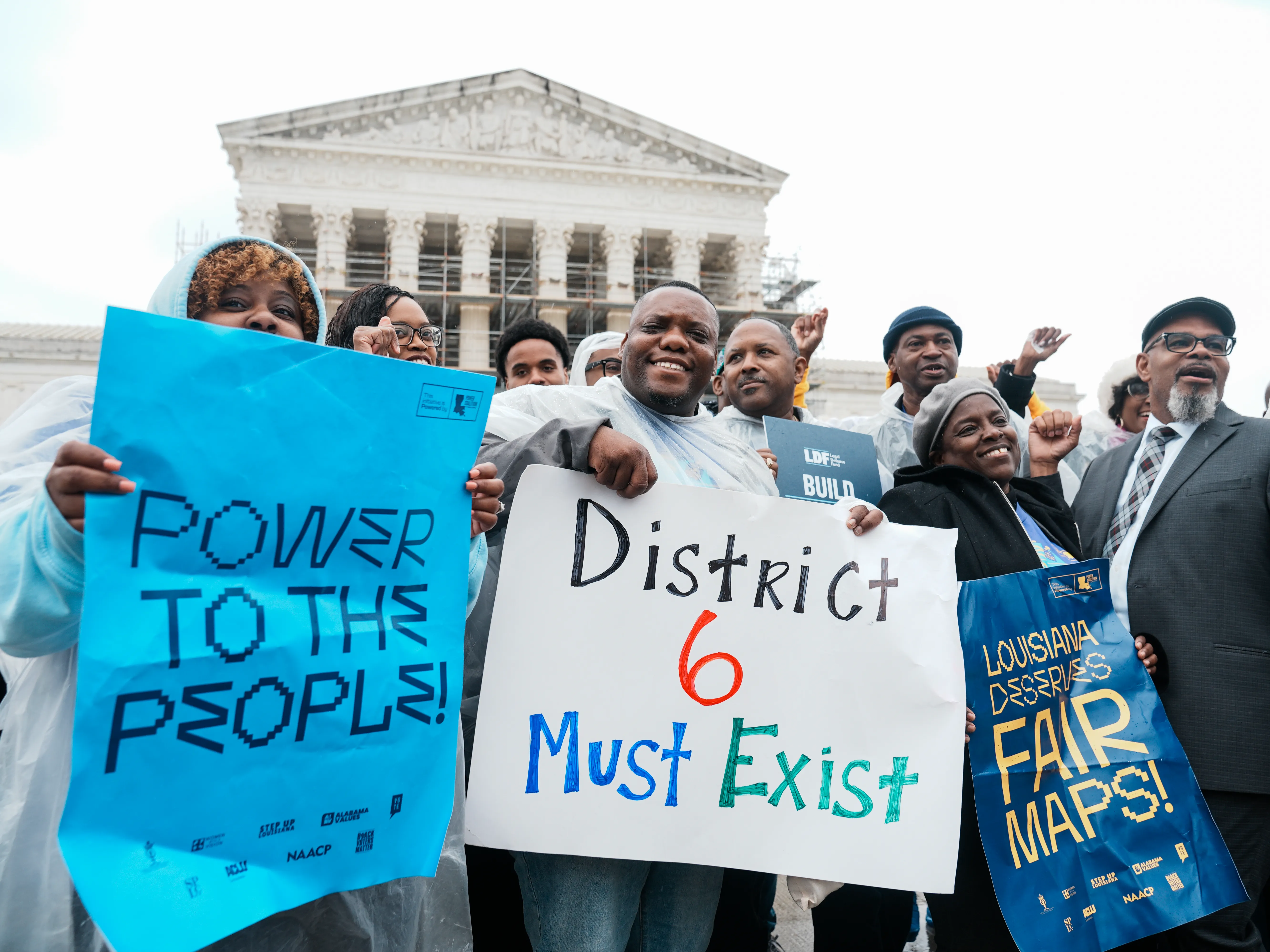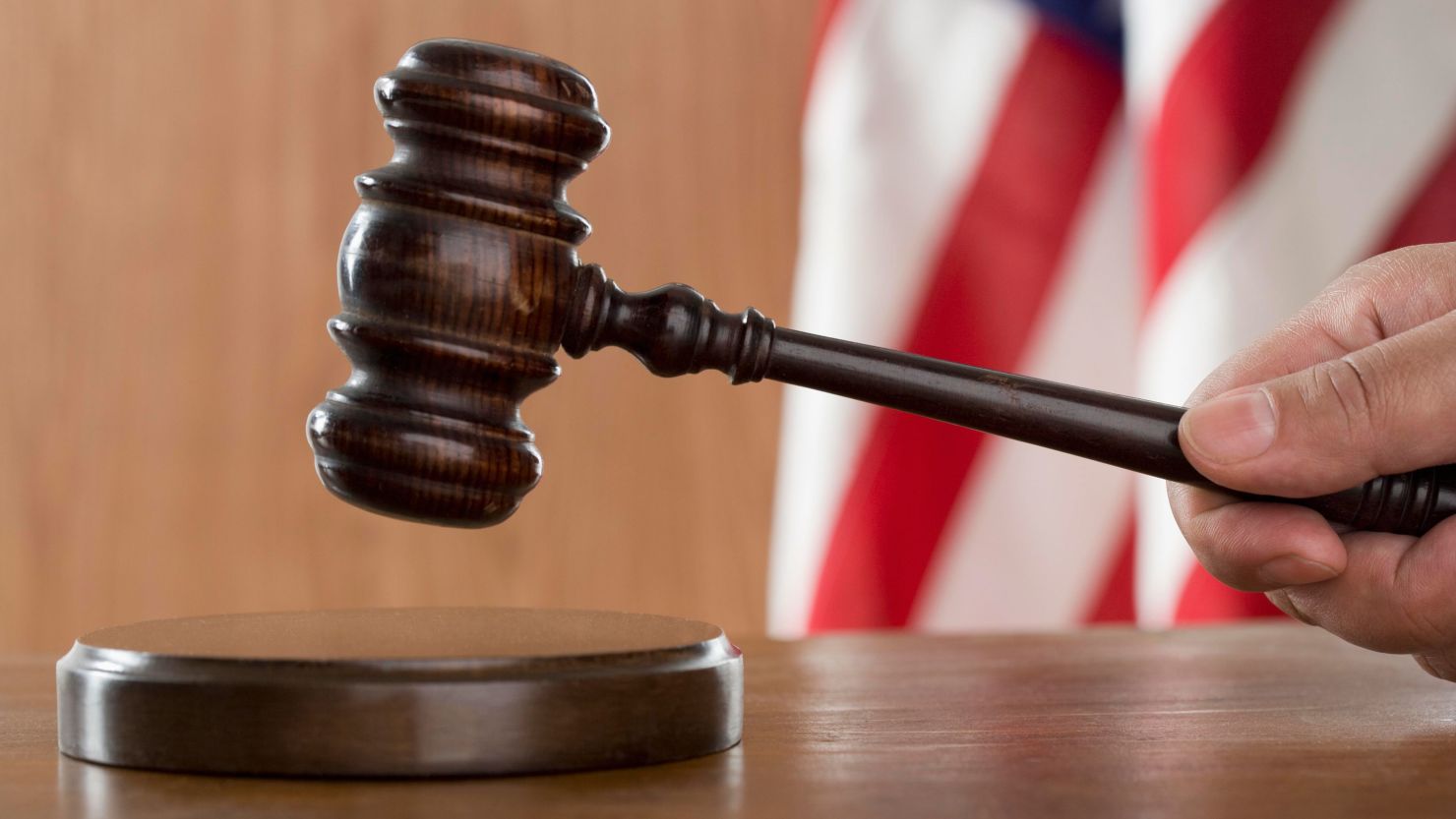Supreme Court Delays Redistricting Decision
The U.S. Supreme Court has inexplicably postponed its ruling on the Louisiana congressional redistricting case, a decision that could have profound implications for minority voting rights across America. Legal experts are stunned by this unusual delay, particularly given that the case, Louisiana v. Callais, appears to present straightforward facts for resolution.
Voting Rights at Risk of Further Erosion
The stakes could not be higher. According to the Brennan Center for Justice, the Court"s continued reluctance to affirm the Voting Rights Act of 1965 signals a potential dismantling of protections that have long safeguarded minority voters. As the Court’s conservative majority has chipped away at these protections since 2013, the possibility of a ruling that further weakens the Voting Rights Act looms large.

Supreme Court punts on racial gerrymandering challenge from ...
Political Manipulation of District Maps
In Louisiana, the political implications of redistricting are glaring. The state legislature, under the guise of compliance with Section 2 of the Voting Rights Act, drew maps designed to protect the incumbency of key Republican figures, while simultaneously limiting the electoral power of Black voters. This was articulated by Louisiana state Solicitor General Benjamin Aguiñaga during oral arguments, who described the legislature"s actions as a "politically rational decision" to maintain Republican dominance.
Potential Consequences for Minority Voter Power
The implications of a negative ruling could be catastrophic for minority voters. If the Supreme Court decides to strike down the map that includes two majority-Black districts, it would send a chilling message across the nation: that diluting minority voting power is acceptable in the name of political expediency. Voting rights advocates are right to express alarm about this trend, as it could make it exponentially more difficult to enforce Section 2 protections, which serve as a critical tool against racial gerrymandering.

State supreme court benches don"t reflect the racial, ethnic ...
Upcoming Challenges to Voting Rights
As the Supreme Court grapples with Louisiana v. Callais, other states are preparing to leverage similar arguments against the Voting Rights Act. Alabama officials are challenging race-based redistricting, arguing it is unconstitutional to consider race in such decisions. This comes on the heels of a 2023 ruling where Justices Kavanaugh and Thomas hinted at potentially reevaluating Section 2 protections. These developments signal a coordinated effort among Republican-led states to undermine voting rights at every level.
As reported by NPR, the upcoming Supreme Court term could see further challenges to the very foundation of minority voting rights. The legal precedent established by past rulings has already made it harder for individuals and groups to assert their rights under the Voting Rights Act, and the current political climate suggests that further erosion is imminent.
With the 60th anniversary of the Voting Rights Act approaching, it is imperative for civil rights advocates to mobilize. If the Court continues on its current trajectory, the hard-fought gains of the past could be lost, leaving millions vulnerable to disenfranchisement.




![[Video] Putin ready to refrain from deep strikes in Ukraine during elections](/_next/image?url=%2Fapi%2Fimage%2Fthumbnails%2Fthumbnail-1766158260919-wednc8-thumbnail.jpg&w=3840&q=75)


![[Video] Gunfire between Iraqi security forces and Sadr militias in Baghdad](/_next/image?url=%2Fapi%2Fimage%2Fthumbnails%2Fthumbnail-1768343508874-4redb-thumbnail.jpg&w=3840&q=75)
